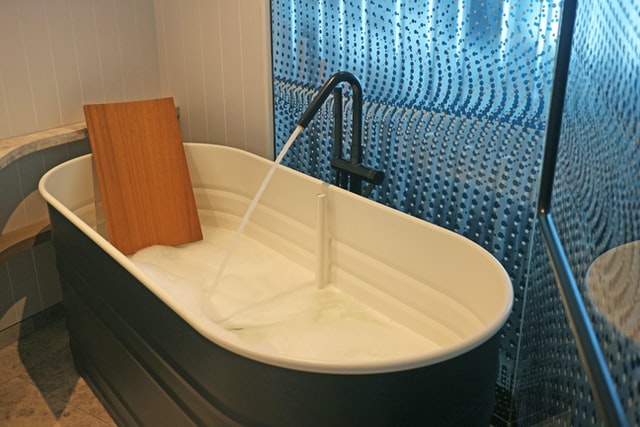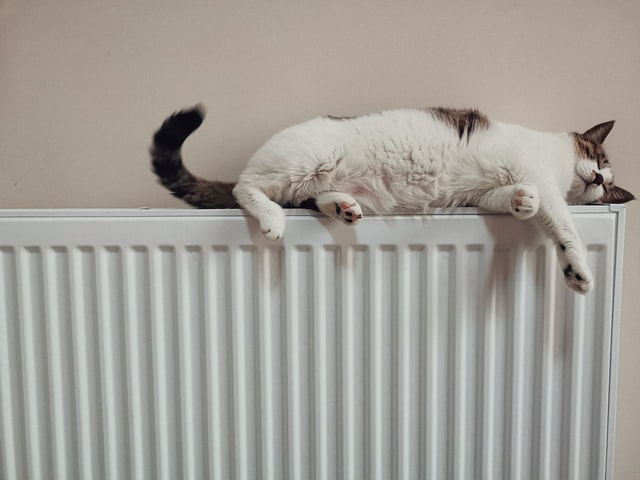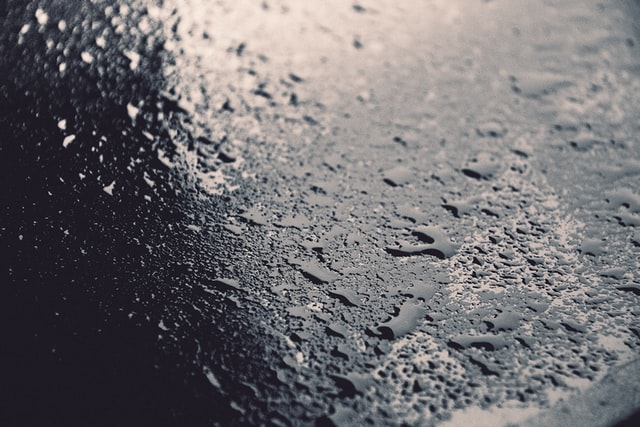Common Signs Of Boilers Needing Replacement
At Bob’s Handyman Company, we know that a well-maintained boiler can give great service over the years, and you can easily forget just how old it is. But eventually, there will be a time when you’ll notice signs it’s nearing the end of its useful working life.

Investing in a new boiler might not be in your immediate plan, but it could be the only way to save your home from harm.
Yellow Flame

One of the most serious faults a boiler can have is the pilot light burning a partial or completely yellow flame. It shows the combustion process is poorly balanced and is causing carbon monoxide to be generated. Your boiler’s pilot light should burn with a sharply defined blue flame. It denotes there is an optimal amount of air and gas to ensure complete combustion.
Every year, there are approximately sixty deaths from carbon monoxide poisoning in the UK. Many fatalities occur during the night when the fumes build up. You might often notice increasing symptoms such as headaches, nausea, drowsiness and lethargy. The problem with this deadly by-product is its lack of aroma.
Unless you invest in an inexpensive carbon monoxide detector, regularly checking the colour of your boiler’s pilot light can help save the lives of your family and pets.
Preventing carbon monoxide from leaking from your boiler is vitally important. It’s one reason why you should always prioritise an annual service, even if you’re on a strict budget. And if your boiler is old, consider replacing it, says builder Aaron Donovan, who deals with installing new boilers in house extensions building dozens of projects over the years.
Cold Radiators

When your boiler is in peak condition, it should reach its allotted temperature quickly. Within minutes, it should circulate hot water through your radiators. But sometimes your home might not feel as warm and cosy as it used to. Check your radiators to find out if they have cold sections.
One reason for cold radiators could be excess air. It can often be drawn into the central heating system through the pump. A build-up of air is sometimes caused by the positioning of the pump by the water supply tank. If left unchecked, the air gradually forms a large bubble inside each radiator and prevents the hot water from entering. However, the situation can easily be remedied by bleeding the radiators.
Each radiator is fitted with a small valve, comments Professional Handyman Express. It’s usually found at the top of the panel. When the valve is turned with a radiator key, any excess air should be released. It’s a relatively quick and easy task. You ‘unlock’ each radiator in turn, starting with those furthest from the boiler. The system must be switched off, otherwise scalding hot steam might also be released.
Water Leaks

As your boiler ages, many of its components, such as washers fitted to water pipes, begin to show signs of deterioration or become frozen pipe victims. Joints in pipework are particularly prone to becoming less secure after many years of channelling hot water.
For help: Contact a professional plumber or consider a bathroom renovation.
The first sign of a fault may be water dripping from beneath the boiler. If the leak is severe, there might even be small puddles of water on the floor. But a small leak can unexpectedly become a large one.
A leaky boiler has the potential to cause expensive water damage repair to carpets and household appliances if it should flood your home. If you ever notice your boiler is leaking, we should turn it off at once.
Any water dripping into your household’s electrical circuitry could cause large-scale damage. The whole system could short circuit, resulting in a loss of power. It can even emit sparks and cause a fire.
Water leaks only occur in relatively new boilers through an incompetent installation. In an old boiler, it’s because of corrosive wear and tear. You can repair ageing pipes, but it’s a job for a Gas Safe registered professional.
However, fixing a leak might only be a temporary measure until you replace the boiler.
Excessive Noises

Every boiler makes a noise when heating up, but it usually resembles a soft humming. Hearing your central heating making sudden bangs and rattling sounds can be mildly alarming. However, it’s a sign that there’s a blockage in your central heating system or in the boiler itself.
Over time, the interior of the network of water pipes serving the boiler and radiators suffer a certain amount of corrosion. Small flakes of rust develop and gradually accumulate in the system. Water pipes in hard water regions also suffer significant amounts of limescale deposits. These blockages affect your boiler’s efficiency and cause radiators to feel less than warm.
A power flush can clear the debris from your central heating system. It involves a chemical cocktail being powered through the pipes, radiators and boiler by a high-pressure pump.
In hard water areas, carry power flushing out every six to eight years to keep your system free of debris.
High-Energy Bills

As if energy bills aren’t expensive enough, an ageing boiler can make them even more costly. A boiler is usually reliable until it reaches ten to fifteen years of age. Its long-term performance of perhaps twenty years or more largely depends on how effectively it’s maintained.
A new, ecological condensing boiler re-uses its waste gases to achieve an energy efficiency level of at least 95%. If your boiler is around fifteen years old, its efficiency could be as low as 60%. It can often be more cost-effective to invest in a new boiler than risk inflated energy bills through the electrical wastage and inefficiency of your existing model.
By 2025, gas boilers will no longer be installed in new properties. There are currently no plans to force homeowners to replace their existing models. However, new heat pumps are believed to be much less expensive to run than a traditional gas-fired or external oil boiler.
Conclusion
Your boiler might need replacing if it displays any of the signs outlined above. You can improve boiler efficiency through power flushing and draining surplus air.
However, yellow flames and suspected carbon monoxide leaks require urgent attention. Never risk carrying out boiler repairs yourself. All types of repairs or maintenance must be carried out by Gas Safe engineers.
For professional assistance, the handymen team is available in areas outside Greater London. We now cover the following NWK areas:

Leave a Reply